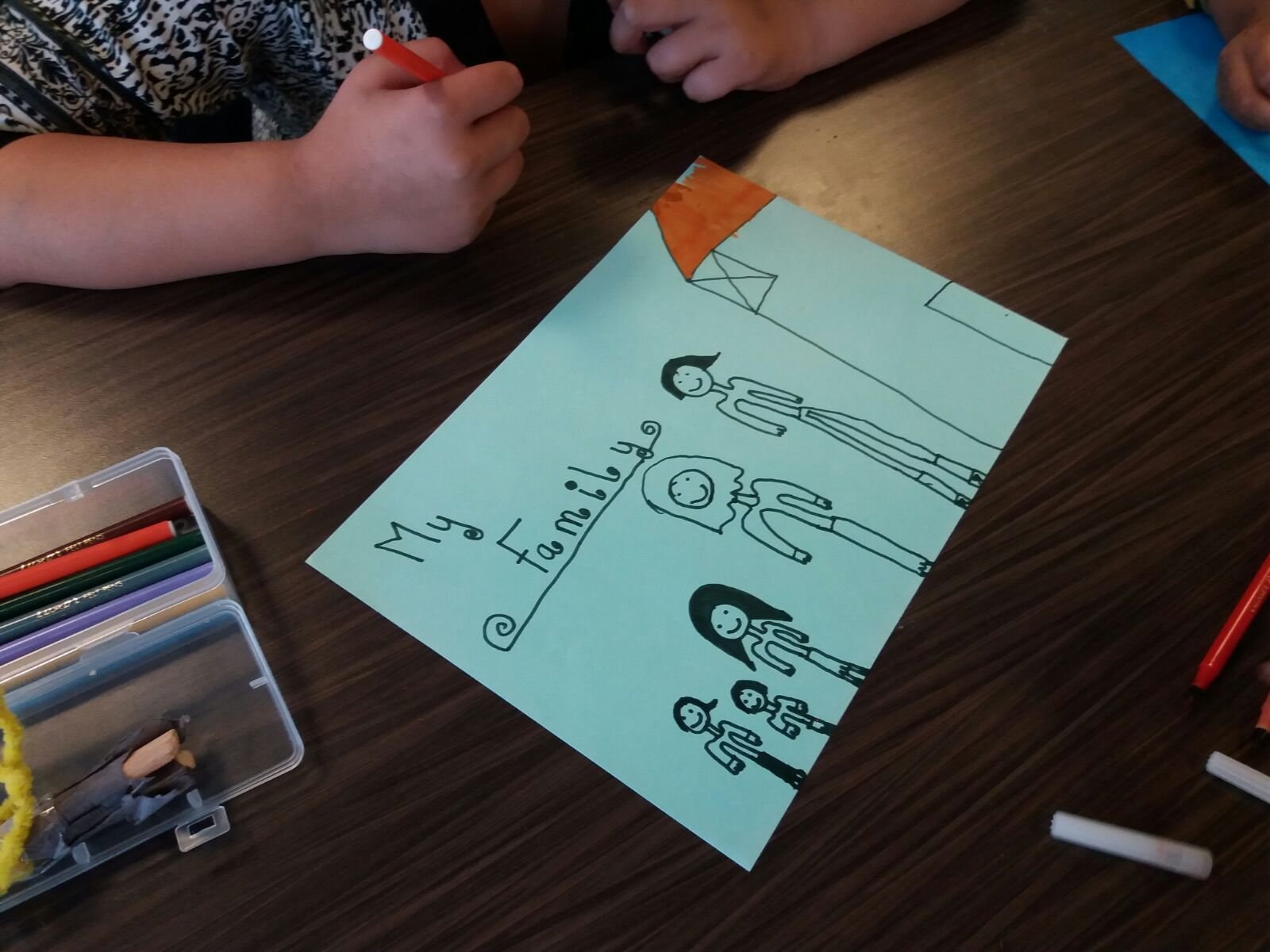Our Impact
Between September 2020 and July 2021, approximately 150 students attended our ESOL classes. Although this is something of a decrease in reach, it could actually be said to represent a positive, inasmuch as it indicates a reduction of student turnover. The online format of our classes for people seeking asylum meant that students could continue attending class, despite being moved.
Our classes for people seeking asylum have acted as an initial introduction to the UK, its culture, norms and public services, for people who are unable to access ESOL elsewhere. Many students reported using our ESOL courses as a means of orientating themselves before moving on to more regular or fulltime study in a local college.
Stories from students past and present:
ESOL student to Arabic teacher: Omar’s story
“My name is Omar, I am from Syria. I came to England in late 2015 as asylum seeker. I was one of the students of English classes offered by Babel's Blessing for free to immigrants.
After the end of the semester Babel’s had a training program [our Advanced ESOL course, which focused on language teaching skills]. I went to this course and got a certificate and I applied to be a teacher in Babel's Blessing.
I loved this experience, I never imagined that I would be a teacher. But Babel's made it easy to give me basics, how to prepare lessons and deal with students according to their needs and ages.
And I found it a unique experience as students are eager to learn the language according to their needs and most of them working in the field of human rights or in a charity and have direct contact with people whose mother tongue is Arabic and may not speak others.”
Student to Project Coordinator to Trustee: Basma’s story
“I was an ESOL student with Babel’s Blessing while I was staying in an Initial Accommodation Centre in London. ESOL classes in IACs helped me to improve my English skills and having activities to practice during the classes and conversations with teachers and students helped me to improve my mental health as well. I was then dispersed to Cardiff, but I followed Babel’s on social media, and when the job for Project Coordinator was advertised in February 2022, I had returned to London, and I immediately applied, and was successful!”



